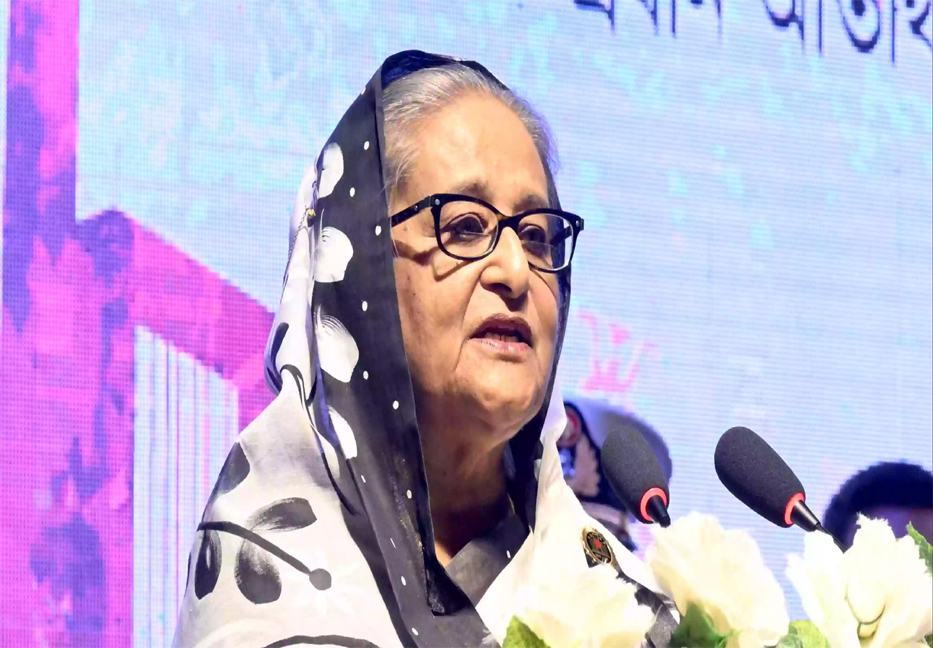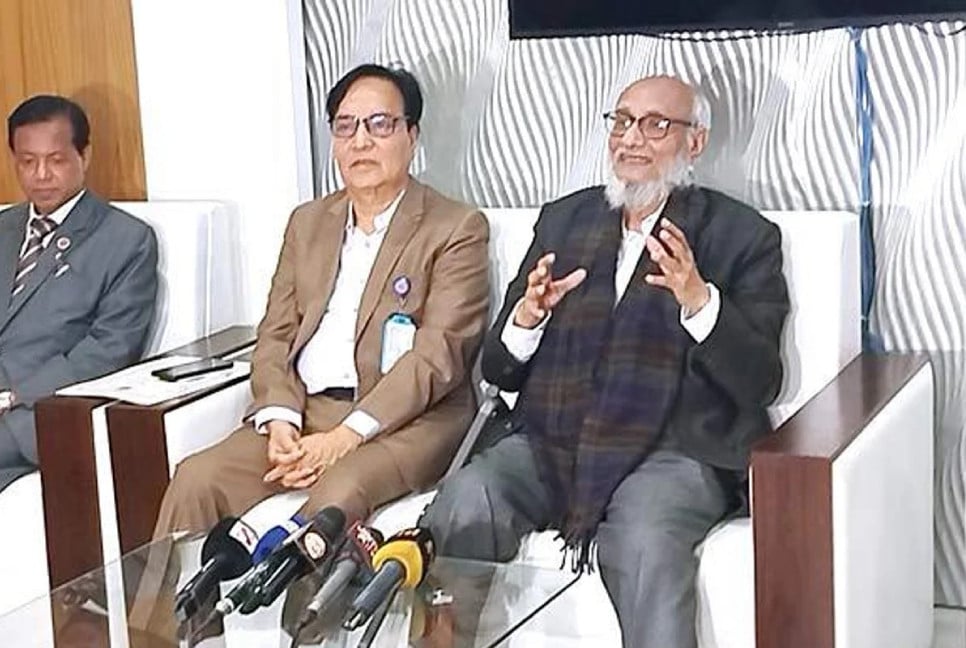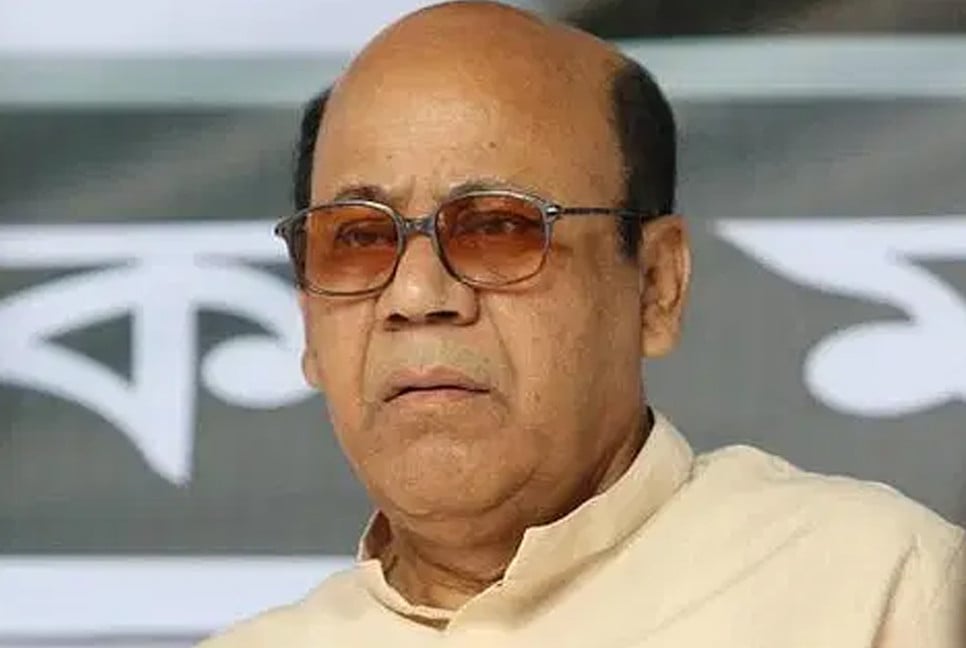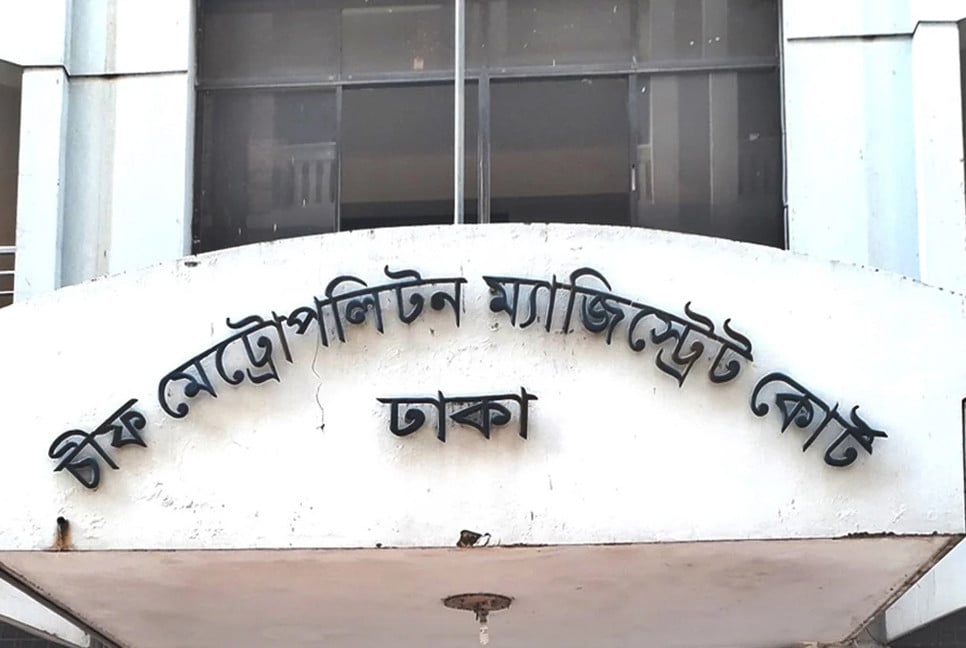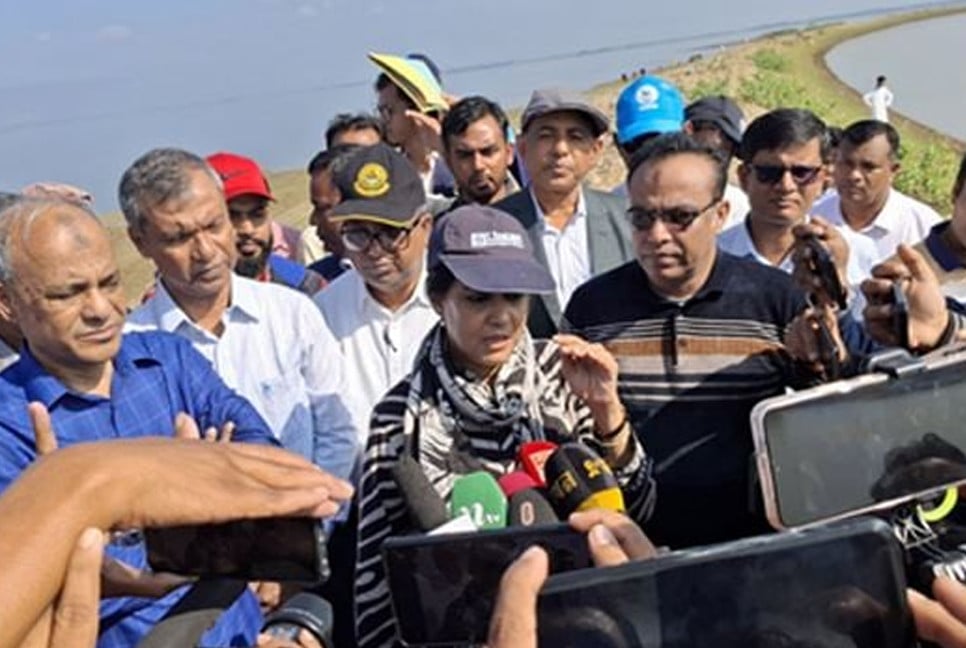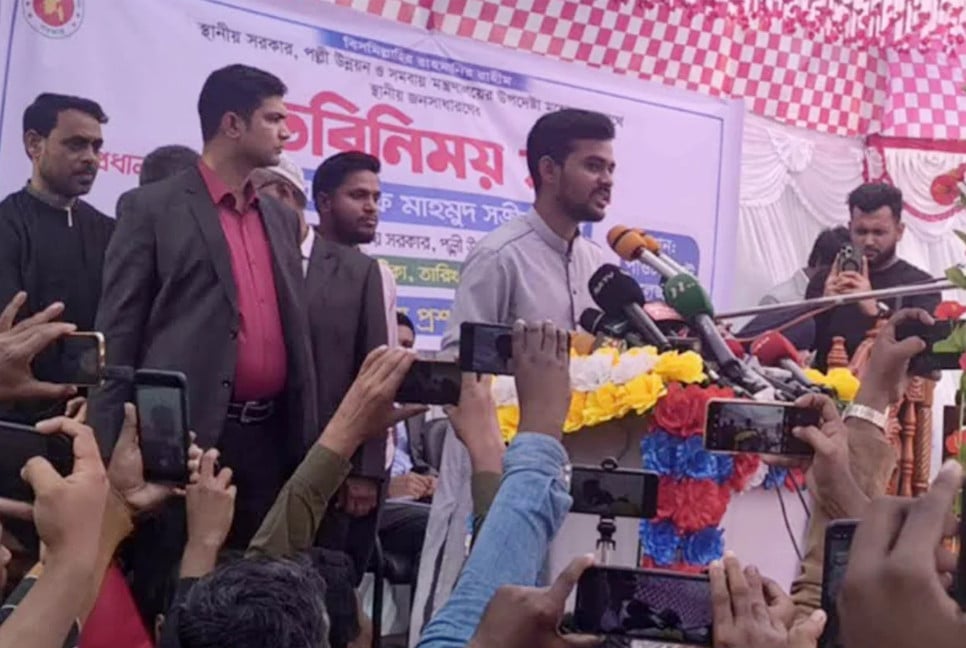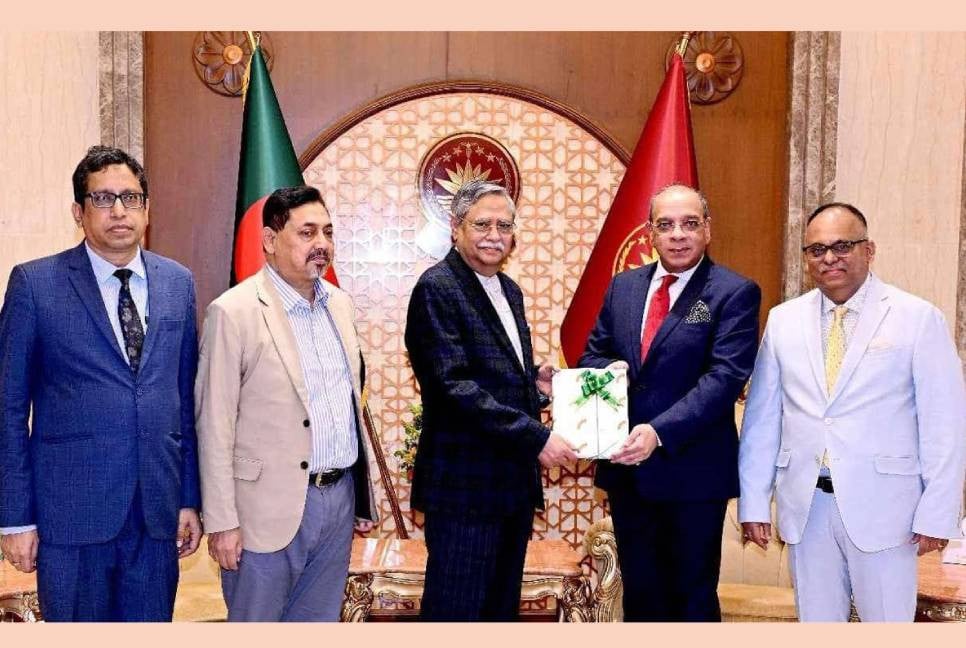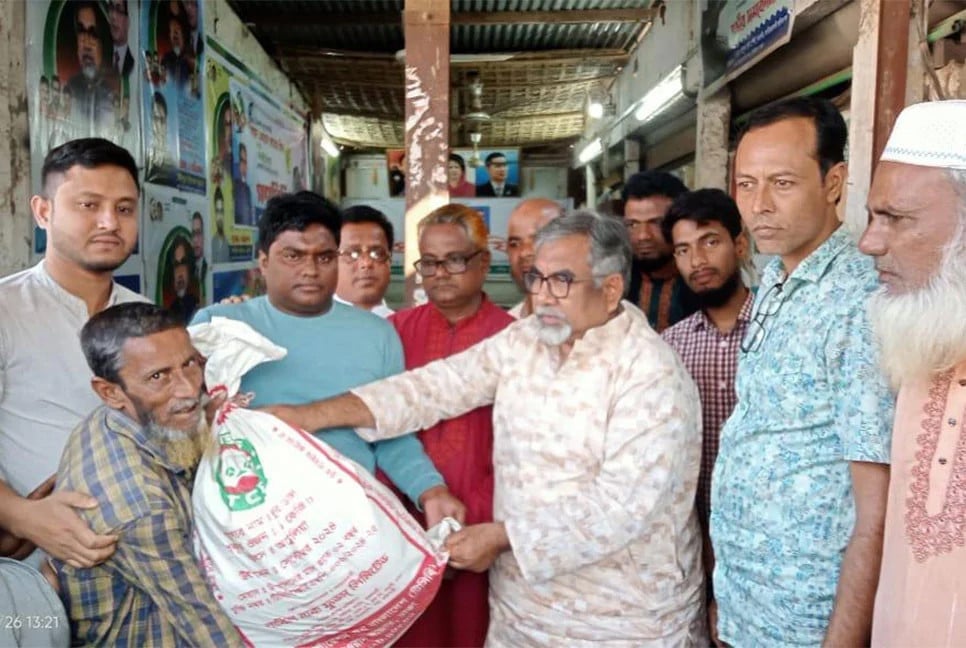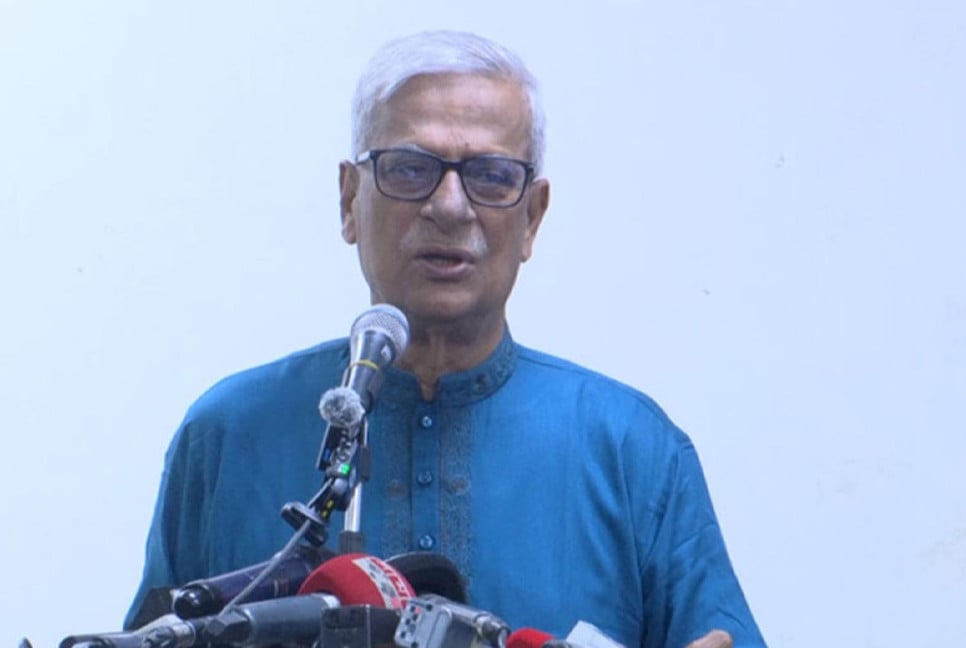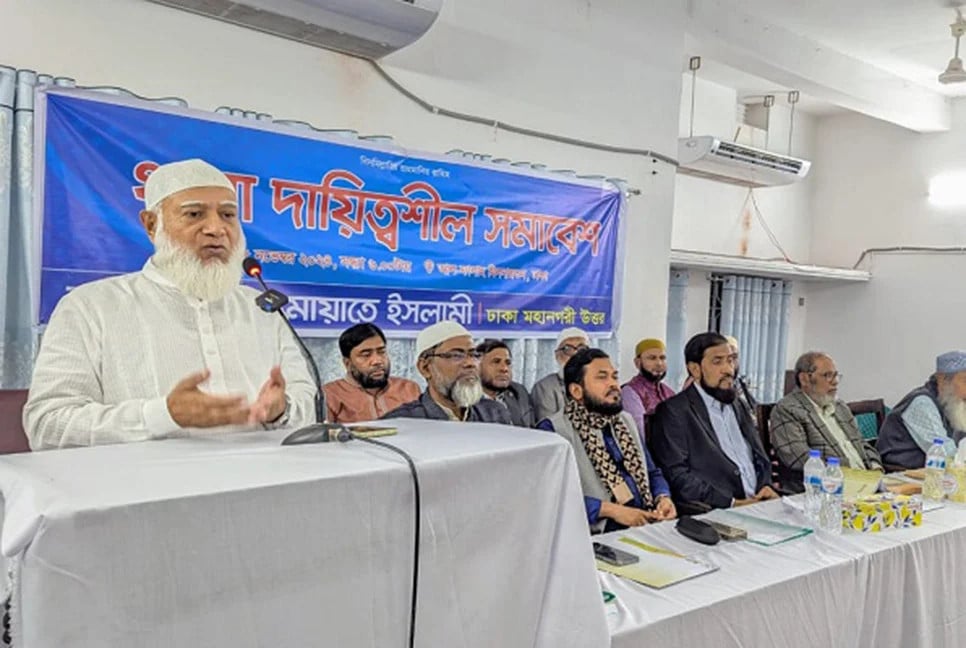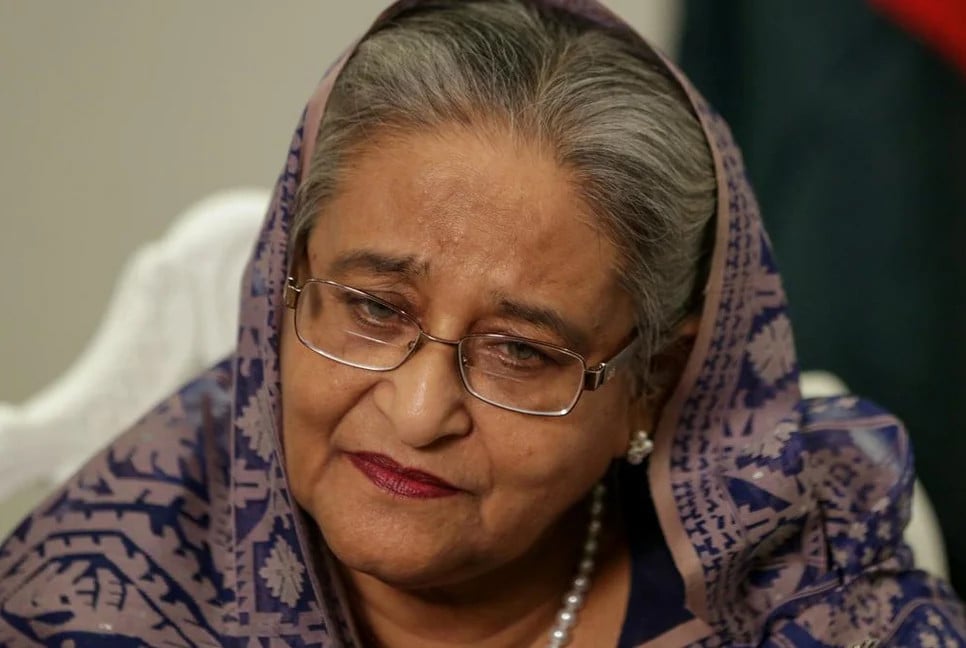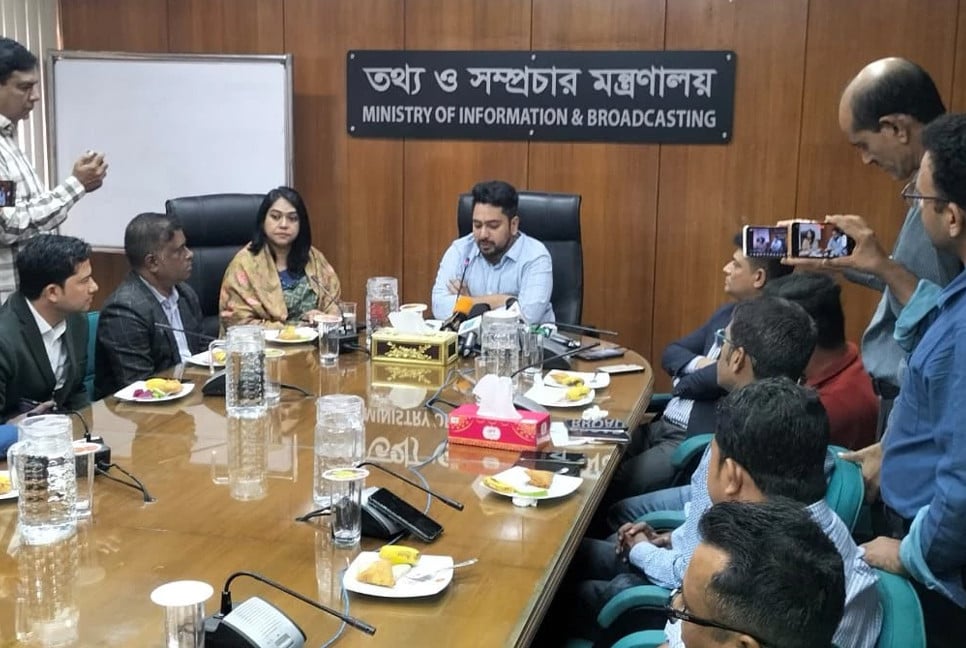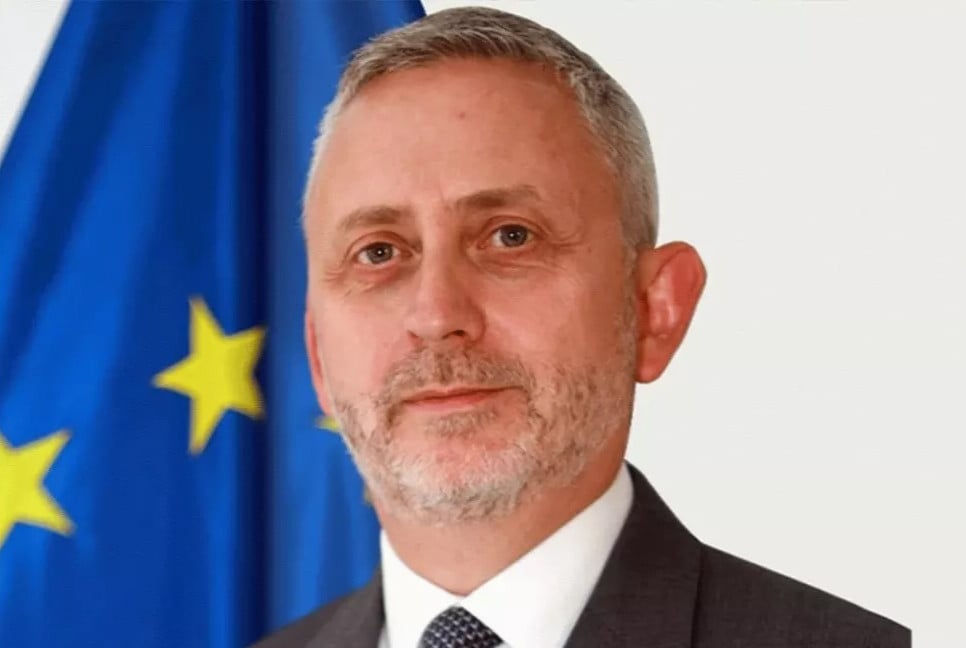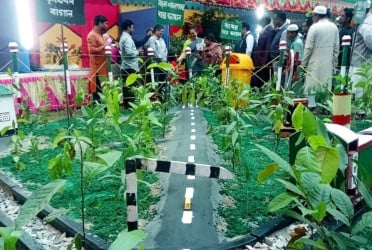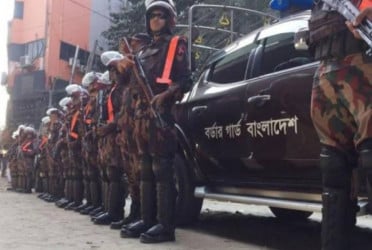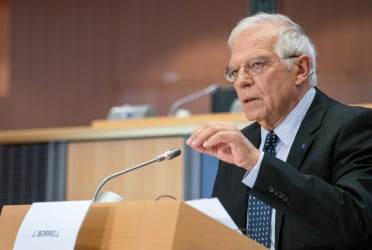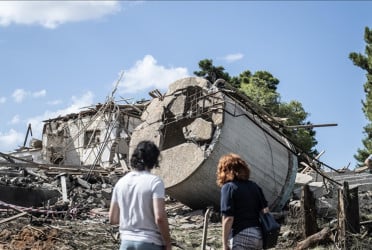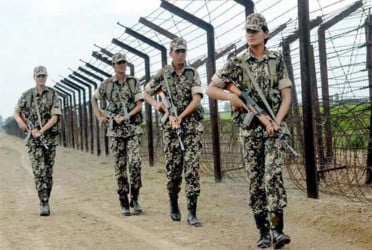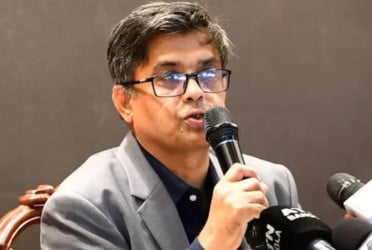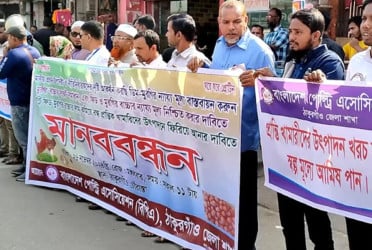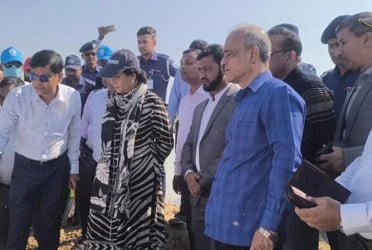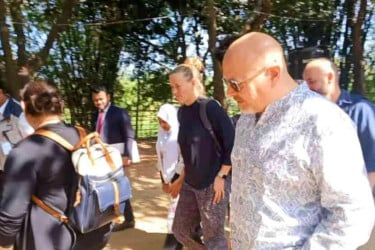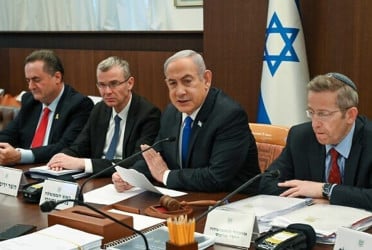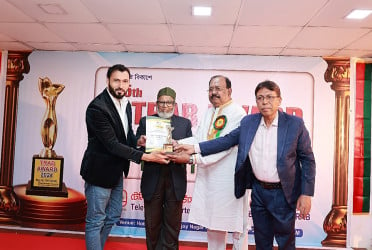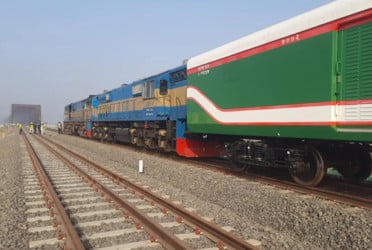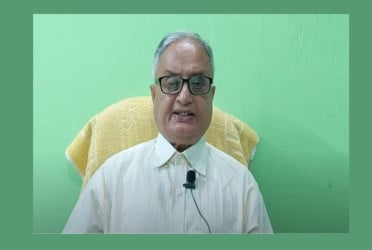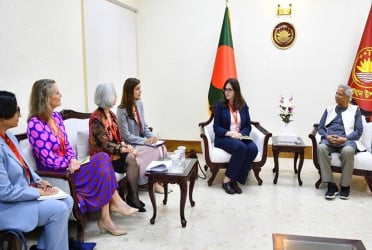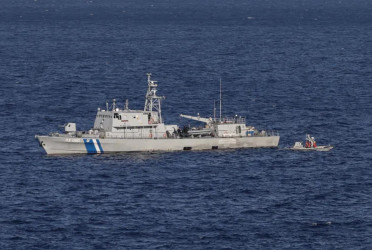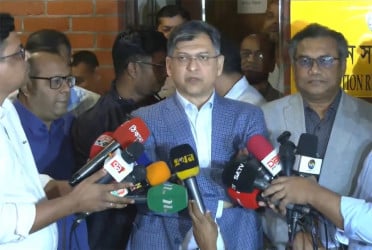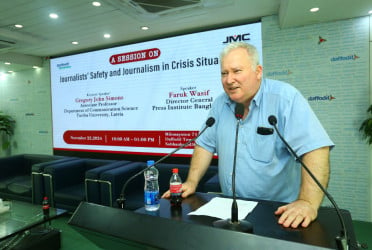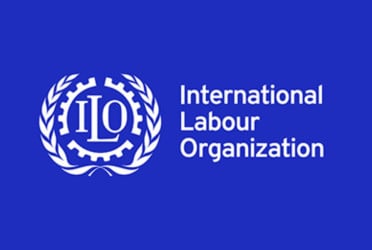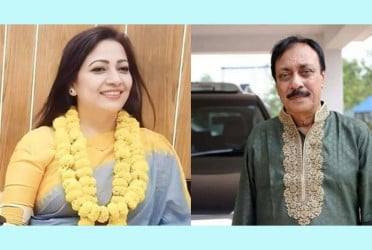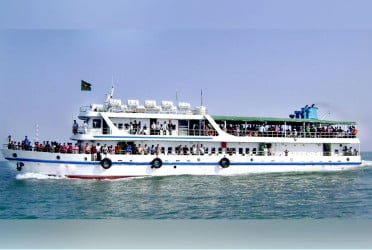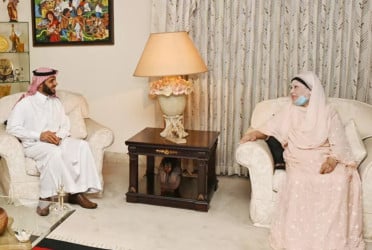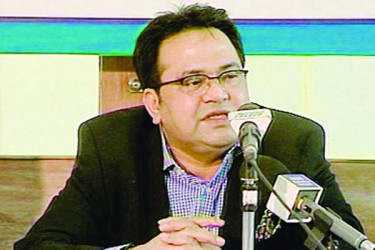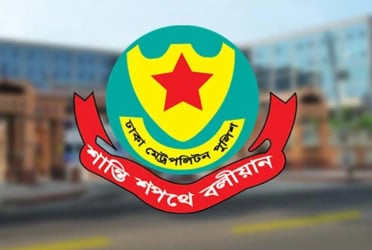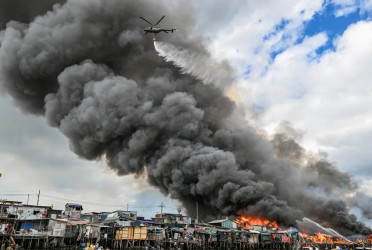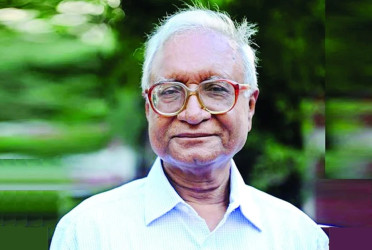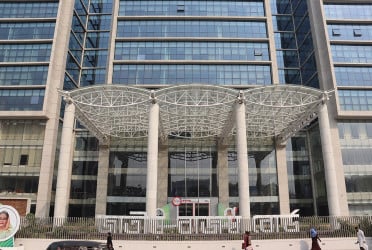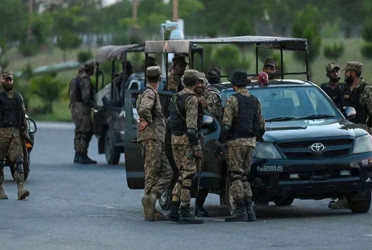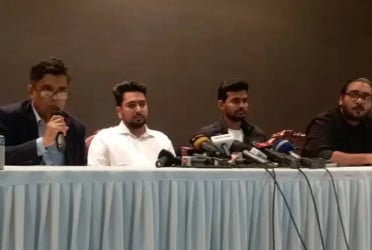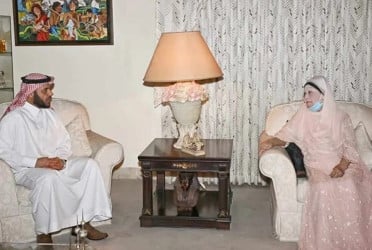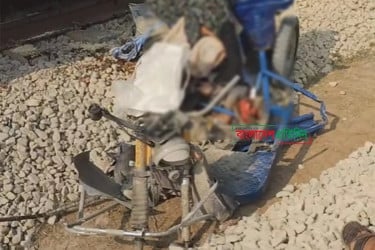Prime Minister Sheikh Hasina on Tuesday stressed the need for research to preserve, revitalize and develop the mother languages of the world as many languages are being lost, reports UNB.
“I always put emphasis on research. Enrichment of anything is not possible without research,” she said.
The PM said this while inaugurating a four-day programme of the International Mother Language Institute at Segunbagicha to mark the Martyrs’ Day and International Mother Language Day-2023.
She said the government will take steps to provide fellowship for language research in the International Mother Language Institute.
“I think this institute has a responsibility to preserve all the languages of the world, conduct research on these and know the history of languages. I think it can be done,” she said.
Hasina said she, if needed, will arrange funds to provide fellowship for language researchers.
She said today Bangladesh has attained food autarky thanks to research. “Now research is extensively needed in different sectors including science and health,” she added.
In this context, the PM said the government provides fellowship and stipends to 24 million students in Bangladesh and free textbooks to the school students.
She said her government raised the literacy rate to 65.5 percent from only 45 percent during the 1996-2001 tenure and got an award from UNESCO for this achievement at that time. Then her government formed a fund with the award money to provide stipend for higher education.
“Coming in power in 2009, now we’ve raised the literacy rate to 75.2 percent. So, we are advancing (in terms of education),” she said.
“Many languages in different countries are being lost…We want the engendered languages of the world to be preserved here and research to be conducted on these. We’re giving the utmost importance to research. I want International Mother Language Institute to make a huge contribution to preserve the languages,” she said.
The PM said the country’s children should learn one or two foreign languages alongside learning own language.
Noting that English has turned as the dominant medium of international communication now, she said, “Alongside it, I think it is very essential to learn own language. Our children can learn one or two other languages alongside the own language.”
Hasina said she laid the foundation stone of the International Mother Language Institute during the visit of the then UN general secretary Kofi Annan in 2001, but the subsequent BNP-Jamaat government stopped its works.
She thanked the 2001-2006 BNP government for stopping its works saying that otherwise her government didn’t get scope to develop this institute as per her design.
“From the one perspective, they did a good job. I would like to thank them as I could develop this institute as per my choice after coming in power for the second term. So, I thank them for stopping it,” she said.
Hasina recalled the contribution of Father of the Nation Bangabandhu Sheikh Mujibur Rahman to the Language Movement in 1952.
In the event, Hasina, also chief patron of the institute, handed over the international mother language national medals and the international mother language international medals to four recipients.
Habibur Rahman and Ranjit Sinha were awarded with the national medals, while Mahendra Kumar Mitra and Mother Language Lovers of World Society, Vancouver, Canada were conferred with the international medals in recognition of their extraordinary contribution for the preservation, revitalisation and development of mother languages.
President of the Mother Language Lovers of World Society Md Aminul Islam received the medal on behalf of the Society.
Education Minister Dipu Moni, Deputy Minister for Education Mohibul Hasan Chowdhoury (Nowfel) and Head of the Office and UNESCO Representative to Bangladesh Susan Maree Vize spoke on the occasion.
Professor Dr Pabitra Sarkar, Former Vice Chancellor of Rabindra Bharati University, India, presented the keynote paper focusing on ‘the necessity of multilingual education in the multilingual world.’
Secretary of the Secondary and Higher Education Division Suleman Khan gave the welcome address and Director General of the International Mother Language Institute Professor Dr Hakim Arif delivered the vote of thanks.
At the outset of the programme, a one-minute silence was observed to show respect to the language movement heroes for their sacrifice.
In the event, a video documentary titled “Bangabandhu and Language Movement” was screened.
Children from different countries including Bangladesh, India, Australia, Algeria, Japan, China, Russia and France greeted the Prime Minister in their own mother languages on the occasion of the International Mother Language Day.
Bd-pratidin English/Lutful Hoque

